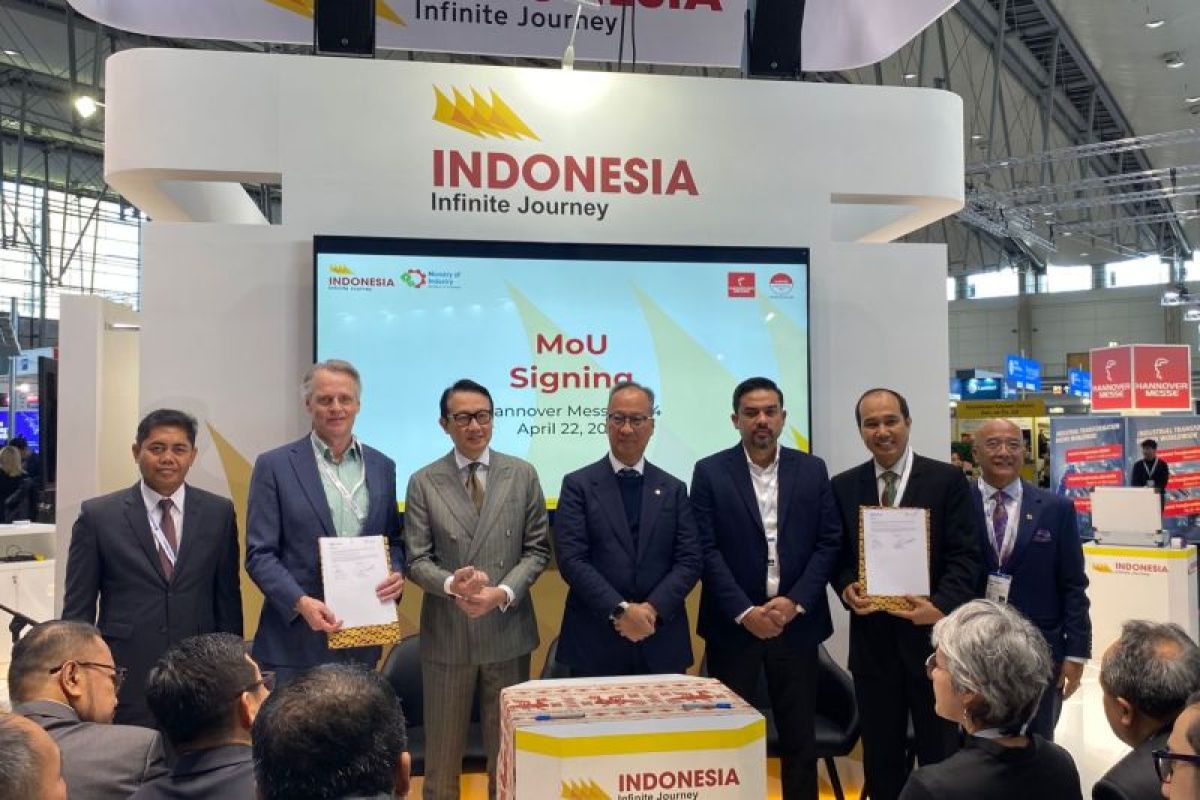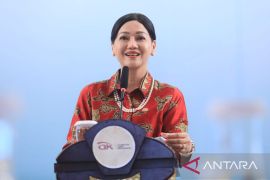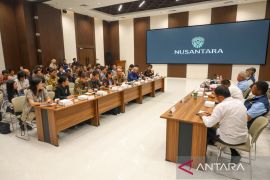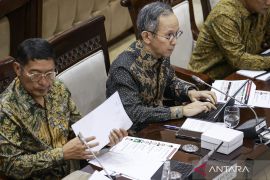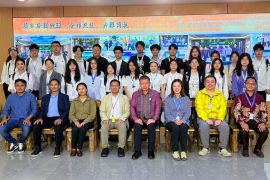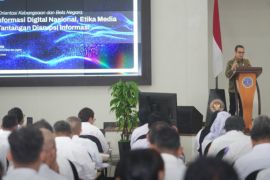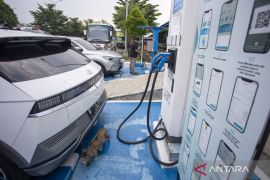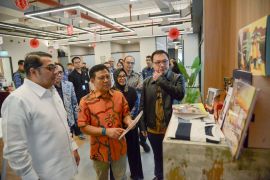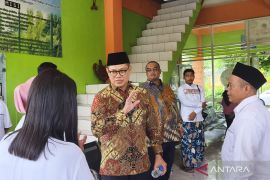Industry Minister Agus Gumiwang Kartasasmita noted in his statement on Thursday that his side continued to encourage the transformation of the circular economy in the manufacturing sector.
This is important in order to maintain resource sustainability, regenerate raw material sources, and explore untapped economic potential, he pointed out.
One of the efforts to maintain sustainability is to utilize the byproducts of industrial raw materials so as not to damage the environment.
"When others see residues as distractions or challenges, we see them as opportunities. Therefore, one of our focuses is to reduce the gap between the capacity of the recycling industry and recyclable plastic waste," he explained.
The Forging Smart and Sustainable Industry Forum was held on April 22–26 and was attended by industry stakeholders, government officials, academicians, and the general public.
Kartasasmita said the industrial sector is one of the major contributors to carbon emissions. Hence, Indonesia's energy transition policy for reducing emissions in this sector must be implemented by prioritizing low-carbon energy sources and technologies.
Meanwhile, Desti Alkano, CEO and founder of Energy Academy Indonesia (ECADIN), stated that collaboration with the ministry aims to create a greener future by accelerating the energy transition in the country.
She said that ECADIN also encourages sustainable growth through advocacy that connects skills, knowledge, business activities, and funding facilities.
A memorandum of understanding (MoU) was also signed at the opening of the Indonesia Pavilion at Hannover Messe 2024.
The agreement was an investment in the waste recycling sector for industrial estates in the Riau Islands, with an investment value of more than Rp5 trillion (around US$308 million).
Related news: Net-zero emission efforts must align with SDGs: VP Amin
Related news: Energy transition is vital to achieve net-zero emission target: BRIN
Translator: Ahmad F, Kenzu
Editor: Anton Santoso
Copyright © ANTARA 2024
